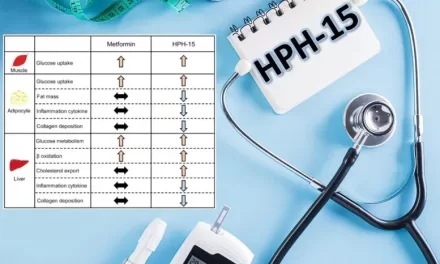A groundbreaking study led by Weill Cornell Medicine researchers has found that the new HIV therapy lenacapavir may be highly effective in Uganda, with minimal natural resistance among patients. The study, published on January 30 in the Journal of Antimicrobial Chemotherapy, adds to growing evidence supporting lenacapavir as a crucial tool in the fight against HIV.
Uganda, home to approximately 1.5 million people living with HIV, has long battled the virus with antiretroviral drug combinations. However, the emergence of drug-resistant HIV strains has raised concerns about treatment effectiveness. Lenacapavir, a novel drug that targets the protective capsid layer surrounding HIV’s genetic material, offers a unique mechanism to block viral replication and transmission.
According to the study’s senior author, Dr. Guinevere Lee, an assistant professor of virology in medicine at Weill Cornell Medicine, only 1.6% of the individuals studied carried HIV strains with known lenacapavir-associated resistance mutations. “That’s important because it shows lenacapavir is likely to be effective against strains of HIV circulating in East Africa,” she stated.
Lenacapavir has already demonstrated remarkable efficacy, requiring just two treatments per year. It has been successful in patients both new to treatment and those resistant to existing HIV drugs. In 2024, clinical trials in sub-Saharan Africa found lenacapavir injections to be 100% effective in preventing HIV infection among women at high risk.
Despite its promising potential, data on lenacapavir resistance among less common HIV-1 subtypes, such as A1 and D—prevalent in Eastern and Southern Africa—was previously lacking. The research team, including scientists from Mbarara University of Science and Technology in Uganda and Massachusetts General Hospital in Boston, aimed to bridge this knowledge gap. By sequencing HIV-1 capsid proteins from 546 Ugandan patients who had never received antiretroviral therapy, they assessed naturally occurring viral variations.
Their findings revealed no major resistance mutations and only minor mutations in nine participants, which may slightly reduce effectiveness but are unlikely to cause full resistance. “Our study supports lenacapavir’s potential efficacy in this region. As lenacapavir is rolled out in East Africa, further studies will need to monitor for the emergence of drug-resistant strains,” Dr. Lee emphasized.
Ensuring that HIV research reaches understudied communities with unique viral strains remains a priority. As lenacapavir becomes available, continued surveillance and monitoring will be essential to maintaining its effectiveness.
Disclaimer: This article is for informational purposes only and does not constitute medical advice. Patients should consult healthcare professionals for guidance on HIV treatment and prevention.











